Test Owner
The Unfamiliar Signs You Need a Career Change

A toxic working environment, a bad boss or low wages aren't the only reasons to look for a career change. Calibre Search highlights some of the less recognisable signs that you might be in the wrong job.
Everyone has those days where snoozing your alarm is essential, where the temptation for a duvet day and binge-watching Orange Is The New Black seems far too tempting.
Then there are the days when nothing seems to go right, you turn up late, with coffee on your white shirt and a to-do list metres long. There is no getting around those days, we all have them, it is part of working life, however, there is a difference between a bad day and a bad job.
A bad day can be fixed by a long walk, a nice meal or simply a better day the day after. A bad job is a little harder to fix. Sometimes you can’t put your finger on what is making you feel unhappy, and often it’s not that the job is bad it’s simply not right for you.
So, when is the job not right for you? We all know the obvious signs of a bad job, a negative working environment or a disrespectful boss, but what about a bad fit? Here are 4 signs you’re ready for a change, they may seem trivial or small but they can impact your day-to-day working life and could be a call for change.
Insta-Envy
We are all guilty of a little social media jealousy, the friends and the followers who seem to constantly travel to exotic locations, drinking cocktails or hitting the gym, but sometimes a little jealousy can be a sign for change and give you the inspiration and ideas you need.
Friends and followers who seem to constantly travel to exotic locations, drinking cocktails or hitting the gym, but sometimes a little jealousy can be a sign of change.
With more access to other people’s lives, we also are free to view careers, opportunities and companies we never knew existed.
Who knew there was a job as a bike designer, which includes travelling to cycling events across the globe testing out bikes on some of the best tracks worldwide? Well, Peter from your English Class in 1992 is doing that now.
If you are envious of the careers of your followers, or a few individuals in particular, that may be a sign you’ve lost the enthusiasm for your job and it could be worth seeing what else is out there…
The Unsolicited Wise Owl
A young office has its perks, enthusiasm and hardworking newbies can mean innovative ideas and the company keeping up to date with new industry trends, but for the longstanding members of the team, it could mean more work. You become the support, advisor and tutor of the team without the pay package and title to match. But don’t jump ship straight away! Often the senior team members will have noticed you are taking on a bigger role. Make sure you discuss your concerns with them and whether you want the pressure reduced or a more formal acknowledgement of your new responsibilities, being upfront and honest could pay off. If you’ve had the discussion and nothing has changed it could be your talent and expertise could be better utilised elsewhere.
Sick of the typical 9-5
The 9-5 job works for a lot of people but there is a tendency for it to get tedious. Without a bit of variety, it’s easy to lose interest. This might seem a normal part of working life but companies are starting to buck the trend and you could benefit from the change. To entice fresh staff new and growing employers are offering perks to tackle 9-5 boredom. Companies are now providing new and exciting incentives for staff which can be worthwhile watching out for. Extra holidays, free lunches, training courses, gym time at work and volunteering days are all on offer to bring in new employees. A healthy work/life balance is key to happy workers so keep an eye out, you never know you could be eating sushi for lunch after a swim and a sauna on a Tuesday afternoon!
I Just Can’t Put My Finger On It
Don’t underestimate your talent! Sometimes the fits are just not right, you can’t quite see why but you may not feel valued, inspired or enthusiastic about work. Don’t lose faith in your career choice!
Make sure you always have an up-to-date CV, the job of your dreams could be just around the corner and you don’t want to miss out. Recruiters are always looking for new talent and although you might not be able to find anything right for you, agencies have a pool of clients that might be searching for someone just like you! If finding a new job seems exciting but you aren’t sure where to start then we could help you. We specialise in Built Environment Consultancy, Built Environment Contractors, HVAC / Refrigeration / Maintenance, I.T. and Marketing and could be your first step to reaching your potential, call us on 0333 323 0733 or emailinfo@calibresearch.co.uk.
James Mitchell, Associate Director for Calibre Search, specialises in recruiting Java Developers within the IT market and we enlisted him to put some tips together to help people like you with your CV. Read on to find out how to create a CV that will help you stand out from the crowd and really impress employers.

James Mitchell 0113 234 6047 - Associate Director at Calibre Search IT
1. Match yourself to the job specification
Your personal profile is a chance to show how your previous experience makes you the right person for the job (if you’re not sure on this have a look at the ‘Job Description’ – our developer job adverts can be found here) by matching yourself to the job specification. It's worth investing time on this summary, because it could be your only chance to grab the employer's attention. If your specific objective is relocation, for example, but you don't mention this explicitly in your CV, you could be dismissed when they see your address is out of commuting range.
2. Give context
When writing your CV, give the skills some context – a list of Frameworks/Application Servers will lead to recruiters calling you, but the interview requests come from your skills being given some perspective. On a similar note, do the same thing with your projects – give them some background: your role, tech stack used and the outcome. It should read as what you have personally achieved while at that company.
3. Get the structure sorted
Keep your CV succinct and relevant – the work you did 35 years ago has little bearing on what you are doing today. Three to four pages will suffice, and always mention your responsibilities; ‘I’, not ‘we’. Your education history should always be at the bottom of your CV, unless you have recently graduated or have some qualifications that are particularly relevant to the role you are applying to. Oh, and never write in third person unless you want to be universally judged.
4. Your skills can pay the bills
Remember to mention soft skills. If your role requires a level of stakeholder management or bringing teams together then be sure to mention it, it could be important in your next role. Your hobbies and interests can be significant too – we all have friends (well, most of us) and telling the reader you enjoy socialising with them isn’t really considered a hobby. Take this opportunity to genuinely say what your interests are outside of work.
5. Clean it up
It sounds obvious, but you would be surprised how often we see it – your National Insurance number should remain private, you should not have this on your CV. Also, references are only needed at offer stage – if you’re approached by a recruiter who needs them as ‘part of their process’ you should be aware that it isn’t necessary to provide them at this stage.
Still stuck?
Don't worry, the art of CV writing is a tricky one. Our specialist IT consultants are experts when it comes to writing a great CV, and we're just on the other end of the phone – you can phone us on 01132346047 – alternatively my email address is james.mitchell@calibresearch.co.uk and our developer jobs page can be found here.
We want our consultants, whether they be rookie or director level, to be as good as they can be. As a result we have put into place a formal training programme so that our staff can improve on everything from attracting passive candidates to aftercare and everything in between.
For our staff to have the careers they deserve, and our candidates and clients to receive the best possible service, we feel this is a wholly necessary investment for the business.
If you are a recruitment consultant looking to take your career to the next level at either our Manchester or Leeds offices then please contact matthew.finlay@calibresearch.co.uk and we can start a discussion or have a look here for more details.
The article below was picked up by the Manchester Evening News and some other business publications.


Calibre Search Addresses Skills Gap In The North
Recruitment company Calibre Search will launch a training college - an initiative geared towards easing the skills gap in the north of England.
‘Calibre College’, which will include tailored one-to-one and team seminars, has been created to upskill the firm’s consultants.
Directors Richard Robinson and Pete Gillick described the programme as “essential”, with HS2 and a skills gap throughout the North fuelling the need for Calibre Search’s clients to attract the best talent.
It also comes just three months after the Manchester arm of the business - which is on course to turn over £3m this year - moved its eight consultants into The Landmark Building.
Richard said: “Calibre College is a programme that we are pleased to be launching as it will have a genuine impact on how we work internally with our consultants and externally with our clients."
“Our teams specialise in recruiting to the built environment (consultancy and construction), HVAC, IT and marketing sectors. Companies in these sectors are all battling with the same issue – the need to attract and then retain the best talent capable of working on huge schemes like HS2 as well as big property development schemes and many more."
“Calibre College is very much a response to skills shortages which are currently preventing Calibre Search’s clients from achieving growth targets.
“With Manchester and Leeds boasting some of the leading universities that produce many talented graduates every year, there needs to be a collective push to try and prevent those graduates from leaving the region when study comes to an end.”
Pete Gillick, who started the Manchester office up four years ago, added “Manchester is a growing office which boasts consultants who are keen to develop their skill set."
“The Calibre College programme will consist of a monthly series of seminars aimed at better equipping consultants working in an increasingly competitive market. Group wide turnover for the Manchester and Leeds offices is expected to hit £6.5m next year, with knowledge of regions very much the driving force behind this. Investing in our staff will reinforce our desire to provide the best service possible for our clients.”
The original article can be found here http://www.manchestereveningnews.co.uk/business/business-news/calibre-search-addresses-skills-gap-12772887
Whilst this blog is aimed more towards Housing Site Managers it will still be worth a read for Commercial professionals also. Read on to find out how to create a CV that will you stand you out from the crowd and really impress employers.
1. Don’t forget... personal profile
Your personal profile should be a well written 'snapshot' of your career to date. Include in this your current role, the next steps you plan to take and how your previous experience makes you the right person for the job (if you’re not sure on this have a look at the Job Description or Advert – our site manager job adverts can be found here). It's worth investing time on this summary, because it could be your only chance to grab the employer's attention. Whether from agencies or employers, many recruiters won't necessarily use a CV management system that will display your covering letter - it's important, therefore, to say in your profile why you are applying for the role. If your specific objective is relocation, for example, but you don't mention this explicitly in your CV, you could be dismissed when they see your address is out of commuting range.
2. Show your strengths
It’s obviously important to highlight your strengths but what you need to do is leave the reader in no doubt that you are good at it. For example, rather than saying you have management experience give specific examples e.g. ‘I managed up to 50 trades with anything up to 15 plots in build phase whilst achieving 95%+ customer satisfaction and zero accidents on site proving a proficiency in health and safety.’ Demonstrating you have strong management experience is much better than just saying it.
3. Project Particulars
Include all the specifics of recent projects. The size of the site, from both a production and financial perspective, should be mentioned. For example, if the project consisted of 60 dwellings with a value of circa £5m and a completion programme of 18 months then say so. This information really helps an employer or recruiter to understand the type of environment you are used to, or, if you are adaptable to different build programmes.
4 Qualifications and awards
Your qualifications are hugely important. As a bare minimum, all Site Managers must have CSCS, SMSTS and First Aid. An HNC/HND or NVQs in site management can also give you an edge over other candidates. It’s also a good idea to note any awards and industry achievements that you have won or been shortlisted for, in particular NHBC awards such as pride in the job. Use your CV as a tool to both inform and impress.
5 Career highlights and challenging projects
It’s always good to shout about your greatest achievements, especially when it comes to challenging projects or delivering on a large scheme. For example, if you have worked on a pioneering contract, such as sustainable living eco-friendly housing, or just delivered a 200-plot site under programme make sure that it’s on there and not hidden away – remember the average reader scans a CV rather than read it fully in the first instance so make sure the juicy stuff is easy to find.
Still stuck?
Don't worry. The art of CV writing is a tricky one. Our specialist construction consultants are experts when it comes to writing a great CV, and we're just on the other end of the phone – you can phone us on 0113 234 6047. Alternatively email Jake Finch here and he will get in touch with you.
CIBSE Yorkshire Awards
CIBSE Yorkshire Region Awards 2016
After many years of having a traditional annual dinner, CIBSE Yorkshire decided to give the region something which has been missing for too long; an awards ceremony to give recognition to the individuals, companies and the projects which the building services industry produces. The night was a huge success and Calibre Search were proud to play a part with our Director and CIBSE Yorkshire Chairman, Simon Owen, pulling the night together.
Calibre Search also sponsored the “Student of the Year” category of the first CIBSE Yorkshire Awards, with over 300 guests the Awards were a great celebration of the construction and building engineering industry as a whole.
Simon Owen said “CIBSE Yorkshire has always recognised the Student of the Year from each of our local Education establishments while Calibre Search has always recognised the importance of supporting people launching and developing their careers, there is natural synergy.”
The Awards were a big change to the traditional annual dinner, something that was reflected in the speakers having industry leaders Peter Hansford, the last Government Construction Advisor, Helen Vardy of King Ecgbert School who led the team which won the Class of Your Own (COYO) competition to design a school for Parabongo and Alison Watson, Director of COYO coupled with Chris Gorse from Leeds Sustainability Institute speaking. Adam Smith of The Real Junk Food Project was scheduled to speak, but unfortunately couldn’t do so on the night.
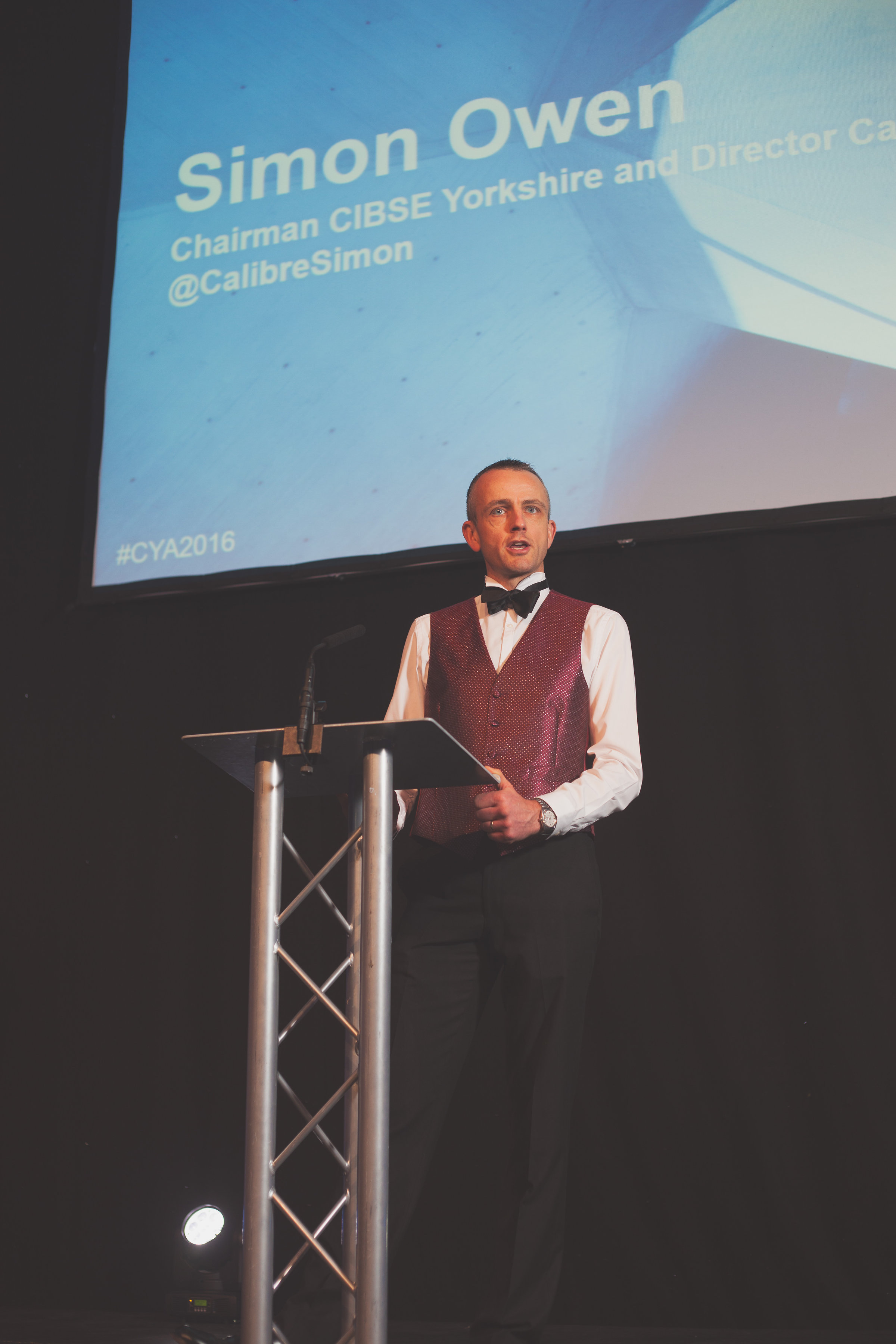
As well as celebrating the industry, the aim of the night was to put something back in to the community. While raising funds for CIBSE Almoner, there was also skills raising for The Real Junk Food Project and COYO, something Alison took further by launching her #BuildParabongo crowdfunding appeal where she is looking to raise £150k to build the school that the students from King Ecgbert’s had designed.
Calibre Search regularly contributes to community events through sponsorship and taking part” commented Matthew Finlay, Director, “It was a brilliant event to attend and reinforce our commitment to the industry”.
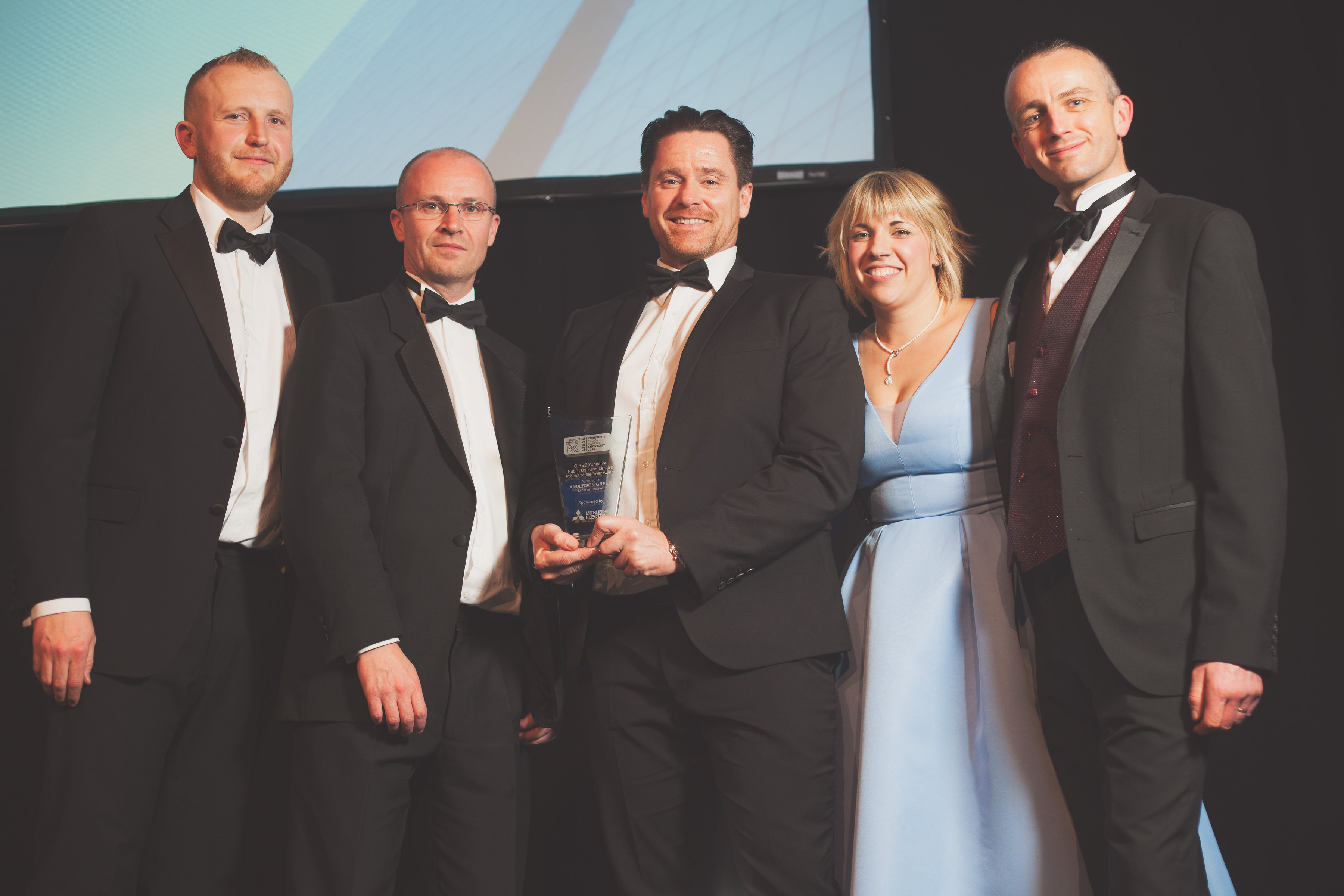
Full list of categories, winners and shortlisted plus sponsors:
Yorkshire Region - Student Award - Sponsored by Calibre Search
All our nominees for the Student Award received a prize for being the top student within their particular institution.
Matthew Biggs, Silcock Leedham Consulting Engineers - University of Northumbria
Richard Leese, Leeds College of Building - Leeds Beckett University
Ido Popper, Arup - University of Leeds
Calvin Sargeant, Ramboll - Leeds College of Building
Yorkshire Region Project of Outstanding Performance 2016 - sponsored by Silcock Leedham Consulting Engineers
LEDA - Keyes Building - Winner
Energy Jump Limited - Mulberry House
Yorkshire Region - Building Performance Training Programme of the Year - Sponsored by Hoare Lea
Waldeck – Pinnacle - Winner
Waldeck - BIM Academy
Yorkshire Region - Small Consultancy of the Year - Sponsored by Anderson Green
Silcock Leedham Consulting Engineers - Winner
Sutcliffe Consulting Engineers
LEDA
Yorkshire Region - Large Consultancy of the Year - Sponsored by Vexo International
Hoare Lea – Winner
Atkins
Yorkshire Region - Project of the Year Commercial and Industrial - Sponsored by SES
Waldeck Consulting - Bentley Works - Winner
Arup - No. 6 Wellington Place
Sutcliffe Consulting - United Biscuits, Glasgow
Silcock Leedham Consulting Engineers - Project Sirocco
Yorkshire Region - Project of the Year Public Use and Leisure - Sponsored by Mitsubishi Electric
Arup - The Diamond - Winner
University of Bradford - The Bright Building
Anderson Green - Lyceum Theatre
Yorkshire Region - Project of the Year Sports Buildings - Sponsored by MRB Consulting Engineers
Anderson Green - University of Derby - Winner
LEDA - The Keyes Building
CD International - Hawkchurch Resort & Spa by Darwin Escapes
The Chairman’s Choice Award - Sponsored by CIBSE Yorkshire
Energy Jump Limited - Mulberry House - Winner
Yorkshire Region - Collaborative Working Partnership – sponsored by Leeds Beckett University
SES - Sheffield Custody Suite - Winner
LEDA - The Keyes Building
Waterman Building Services - North Lindsey College
Yorkshire Region - Facilities and Energy Management Team Award - Sponsored by Asset Wisdom
University of Bradford - Winner
Buro Happold/Loughborough University
Yorkshire Region - Manufacturers Award - Sponsored by Arup
Goodwin Development Trust & 21c EcoEnergy Limited - The Oxypod - Winner
Vexo International - X-Pot Flushing Side Stream Filtering System
Mitsubishi Electric - Hybrid VRF Air Conditioning
Yorkshire Region - CPD Award - Sponsored by Toshiba Air Conditioning
Sharib Yousuf – Atkins - Winner
Paul Ingham - Dave Dickinson & Associates
Dina Alrifai - Hoare Lea
Juliette Scholes - Hoare Lea
James Sellers – Arup
A huge congratulations to all the nominees and winners and all the best for 2017.
We're in the Press!
Our Manchester team moving office is obviously big news for us and we're delighted that the local press think so too. The article was the lead story in the Manchester Evening News business section and also featured in Bdaily and The Business Desk.
Recruitment firm Calibre Search targets £3m turnover from new Northern Quarter base
The Manchester office of Calibre Search is on target to reach £3m turnover and double headcount after moving into a new office in the Northern Quarter.
The firm, which specialises in built environment (consultancy and construction), HVAC, IT and marketing across the north west, Birmingham, Cumbria and North Wales, has moved to The Landmark building, a former textiles warehouse, joining other creative, media, property and design companies.
The space at the new office will allow Calibre Search to expand from eight to 18 staff, while also reaching revenues of £3m next year.

Director Pete Gillick, 37, said: “It’s a fantastic time to be part of Calibre Search. Group wide turnover for the Manchester and Leeds offices is expected to hit £6.5m next year.
“After outgrowing Piccadilly House, we have now moved to The Landmark, which is a historic and significant building in a brilliant area.
“I started the Manchester office up four years ago in a room with no windows in it. So, to be moving into a big modern and freshly refurbished space with a great balcony and a ping pong table is a huge step forward and the kind of quirky, relaxed but focused environment we want to create for our staff and the customers that visit.”
Pete, a graphic design graduate with a passion for photography, boasts more than a decade’s experience at firms including Randstad and Eden Brown.
Calibre Search is currently recruiting for staff at all levels with plans to increase headcount by a further 50 per cent next year.

Pete added: “Manchester is very much the second city and continues to develop rapidly.
“Despite Brexit, the city is only going in one direction and we are perfectly placed to be a part of the growth.
“Calibre’s Manchester office is ready to reach the next level as we are trusted by our clients. In all the markets we cover, we have experienced heads who have been servicing their industries for many years.
“Primarily, you have to do a great job, but also be genuine. If the best solution isn’t there at that particular time, we’d rather be honest, lose out in the short term but sustain that long-term relationship.
“It also really helps to be local. We know the regions we work in, what is developing and focus on establishing and looking after long-standing relationships.”
Calibre Search’s Manchester team has moved to a brand new office in the Northern Quarter area of the city centre. This highly desirable location will allow more space for the existing team (which has grown from 4 staff to 8 in 2016) and also to make a home for another 10 new employees.
Pete Gillick, Director of Calibre Search Manchester, said “The Manchester office has performed very well and we’re hoping to build on that by bedding in the staff that joined in 2016 and also hiring externally to help us service a list of clients that is growing by the week. Whilst recruitment consultancies tend to gravitate towards the more corporate areas of Manchester, we’re a bit different and we think the Northern Quarter’s individuality, entrepreneurialism and continual improvement is in line with our own thinking. The local amenities are also fantastic with a plethora of shops, bars and great places to eat, all within walking distance.”
Although the Manchester business has been going for less than 4 years, its success and future growth plans have made it obvious that the old office at Piccadilly House had become too small to support our ambitions. As well as it being significantly larger, it boasts a city-view balcony, exposed brick interior and table-tennis meeting room. The move will provide space for new employees, management opportunities and promotions - watch this space!
If you would be interested in joining the team at Calibre Search then please email rob.jones@calibresearch.co.uk to register your interest or take a look at our work for us page.

Salary negotiations with a new employer can be tricky. On one hand, you may feel disappointed with their offer - on the other, you don't want to seem ungrateful or risk aggravating your future employer. Perhaps it's not the salary you'd like to change, but the overall benefits package or role. Whatever it is you would like to negotiate, we've created this guide to help nudge you in the right direction.
1) Be Sraightforward and Honest From the Start.
While it would be an obvious mistake to broach the subject during the early stages of the interview, make your feelings clear to your employer as soon as you have their interest. If they can’t offer you the salary you need, they will resent feeling as if they wasted their time with you - so make sure to be straightforward and clear about your expectations as soon as possible. Equally, it is important to be honest about your motivations. Before you negotiate, sit down and think about what it is you need. Do you want to raise the salary to your expected salary, a better package with a more impressive bonus, a training course or something else? It might be a good idea to write your goals down so you can keep them in front of you, especially if negotiating over the phone.
Remember to be consistent once you have communicated your expectations - no employer wants to bend over backwards to get you the salary you’re after, only to hear ‘Just one more thing…’ Decide what you want and stick to it.
2) Know Your Worth.
It’s good practice to start every job hunt with a salary target in mind. Not only should you know your target, for example, a 3% salary increase - you should also be aware of your actual worth. A good way to do this is by researching similar positions on job advertisements to create an average salary value although bear in mind some adverts will inflate salaries to attract applications. Another approach is to speak to any contacts you have made in your industry about the issue. Be wary of outright asking for people’s salaries, however. You don’t want to offend anybody.
Remember to look at the package as a whole, if the salary isn’t quite where you want it but other benefits or opportunities are good it may still be worth considering. Also, if a job matches your salary target, don’t dismiss the employer’s offer merely because it is their first offer. If it looks right, feels right, and fulfils the criteria that you have set, then there’s nothing to negotiate. The last thing you want to do is push an offer off the table that you would have accepted.
3) Don’t Underestimate Careful Planning.
While you may have been offered the position, it’s important to treat any negotiations like a continuation of the interview process. Don’t forget that you are, as yet, unproven in their eyes. You are in the process of building a business relationship likely to last several years - this isn’t a time to come across as greedy or ungrateful unless you want to destroy that relationship before it’s even started. The key to this negotiation should be careful and tactful planning. Plan your responses to any tricky questions you can think of. If they catch you unawares with an answer you haven’t prepared for, you risk saying something you don’t mean - or worse, making yourself seem unprofessional or rude.
4) A Middleman Can Help.
While some candidates in the sales industry, for example, are expected to have excellent negotiating skills, it doesn’t come naturally to others. Negotiating salaries with a new employer is a minefield. In a worst-case scenario, you risk losing your job offer altogether. Using a recruitment specialist to assist you with your job search can be helpful in times like these. Often, recruitment consultants will negotiate between both parties, reducing any tension that might have otherwise arisen.
5) If They Won’t Budge…
If you find that you’ve reached an impasse with your negotiation, but you’re still interested in the role, consider taking the position and asking for a review after a three or six-month period. This will give you a chance to prove your worth to the company. On the other hand, you may receive a counteroffer from your current employer. While this may be tempting if your negotiation hasn’t gone as planned, remember the reasons you decided to move in the first place. Have your priorities changed? Will they be fulfilled by staying put? We advise sitting down to make a pros and cons list. Whatever you do, don’t rush into anything - any company worth their salt won’t ask you to decide on an unreasonable time frame.
We understand that negotiations can be daunting sometimes, but if you follow this advice, plan and research thoroughly, and be careful about what you say, it could benefit both you and your employer. If you need any more advice, our recruitment consultants can offer you free and helpful advice. Drop us an email on info@calibresearch.co.ukor call us on 0113 234 6047.
This week, we present our ultimate list of Do's and Don'ts for Structural Engineering CVs as part of our 'CVs to Get You Hired' blog series. We've tasked top recruitment consultant, Sam Smith, with departing some CV wisdom especially for all you structural engineers out there. Read on to find out how to create a CV that will stand you out from the crowd and impress employers.
 Sam Smith
Sam Smith
Associate Director at Calibre Search
Linkedin
DON'T: omit soft skills.
One of the biggest omissions we see on structural engineering CVs is of soft skills. Many of our candidates focus on technical expertise only, but if your next position requires strong commercial awareness, for example, make sure you mention this. You can't succeed in structural engineering without key soft skills such as being a strong communicator, which is important when dealing with other team members such as architects.
DO: match your CV to the job description.
If the job specification requires someone who has good experience in the structural design of high-rise residential projects then make sure it's on your CV and even better make sure that it is easy to find for the reader. To view our current structural engineering vacancies, have a look here.
DO: put projects on your CV that you can evidence at interview with your portfolio.
Include a list of example projects and mention the types of projects you are looking to work on. For example, do you like working on high rise commercial projects? If you would like to work on these in your next job include this on your CV. Include cost of the projects or budgets you were dealing with and also how many people you worked with, reported to, or had reporting to you. If you like, you could even include a key reflection for each position or project. This is a great way to demonstrate your ability to continuously improve to employers.
DON'T: forget to include any qualification details.
Examples of these could be any qualifications, training or memberships from organisations such as ICE or IStrucTE. Do you have any memberships? If so, state your level of membership - how far from Chartership are you? All of these details are interesting to employers.
DO: mention your familiarity with engineering codes or software.
Include, for example, proficiency using Eurocode, CSC Fastrak Building Designer, Robot Structural Software, Mapinfo Software or Autocad, where relevant. Anything to stand you out against a sea of structural engineering candidates equals a big tick on your CV.
DON'T: limit yourself to merely listing your recent duties in your work history.
Make sure you include achievements and noteworthy projects in a place that is easy to spot. Structural engineering employers are looking for evidence of what you have achieved and what makes you stand out so focus on your achievements throughout every section of your profile.
DO: include a personal profile.
Your personal profile should be a well written 'snapshot' of your career to date. Include in this your current role, the next steps you plan to take and how your previous experience makes you the right person for the job. It's worth investing time on this summary, because it could be your only chance to grab the employer's attention. Whether from agencies or employers, many recruiters won't necessarily use a CV management system that will display your covering letter - it's important, therefore, to say in your profile why you are applying for the role. If your specific objective is relocation, for example, but you don't mention this explicitly in your CV, you could be dismissed when they see your address is out of commuting range. Do note, however, that some engineering companies - especially those that are smaller - prefer a CV with a covering letter, so make sure you write one just to be safe.
DON'T: forget the basics.
Remember to include your name, contact details, and references. List your qualifications and employment history in reverse chronological order. These things might seem obvious but we have even seen some engineers' CVs without contact details.
DO: speak to one of Calibre's specialist consultants if you are still unsure or would like them to review your CV.
Please speak with our specialist Structural Engineering Consultants Andrew Wilson on 0161 660 2360 or Sam Smith on 0113 234 6047 if you have any questions and ourcurrent vacancies can be found here.
Calibre College
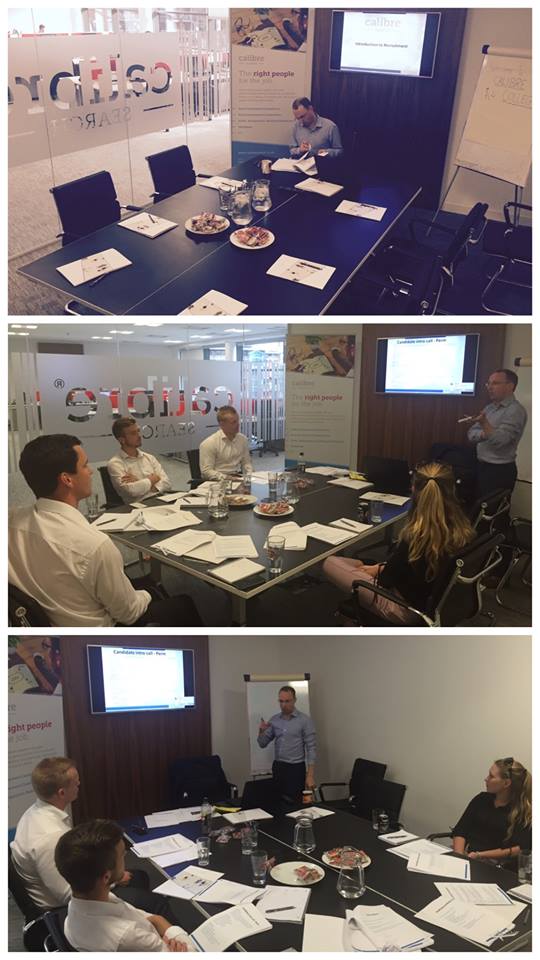
Last week saw the first ever Calibre College training session go down a roaring success. Calibre College, a brand new training programme designed to enable Calibre employees to become the best recruiters they can, is led by our inhouse trainer, Director Richard Robinson.
At Calibre we pride ourselves on rewarding hard work and offering our consultants exciting opportunities to better themselves. Making sure our consultants are good at their job is important to us - and Calibre College, so far, has proved to be an excellent way of doing this.
Calibre College has been so effective, in fact, we have decided to schedule regular sessions in order to keep standards high. There was another session this Wednesday during which our consultants studied new ways to better understand both candidate and client motivations. We plan to keep training and learning new things so that Calibre can do the best job for both clients and candidates alike.
"The Calibre College training was very informative and a good refresher on previous training. It was interactive and informative and provided answers to a lot of the issues I was having. I learnt how to develop my desk and become a more effective recruitment consultant. On the back of the training I have created an action plan as how to become more organised."
- Simon Wake, Recruitment Consultant
Watch this space for more Calibre College news and updates!






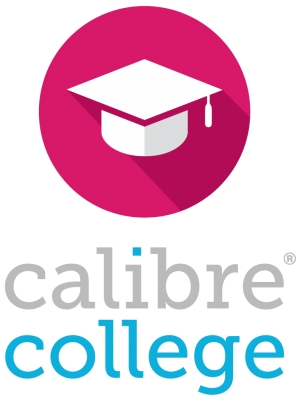
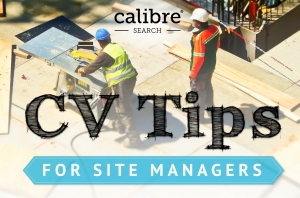


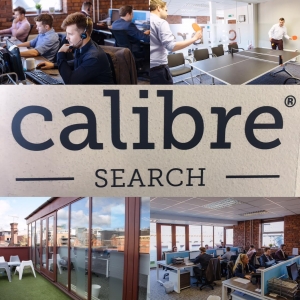







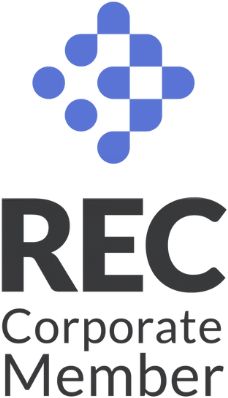

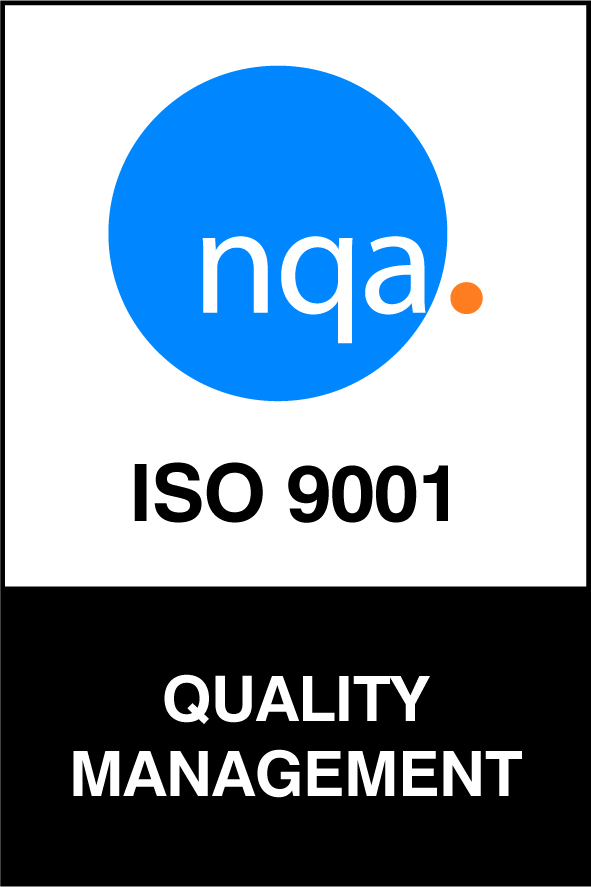

We had a couple of great conversations about ...